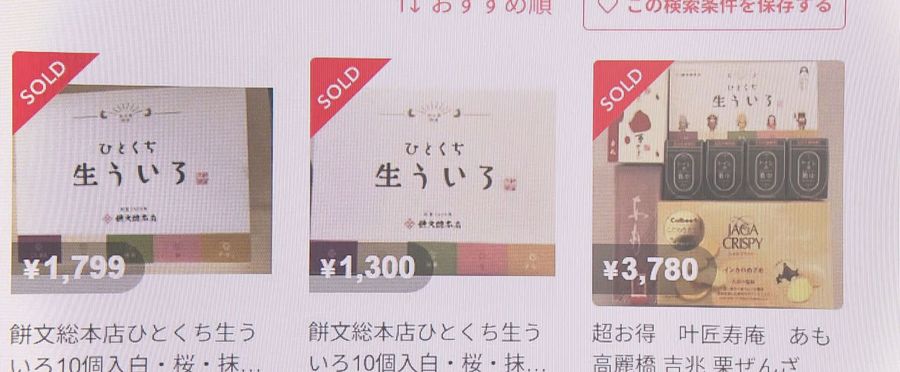Reports in Japan have surfaced around an emerging trend in Nagoya where local souvenirs are being resold at prices significantly more than double their original cost. This practice has fuelled a local economic discussion while raising concerns about its impacts on the tourism and local commerce sectors. The resellers, by exploiting the market realities, are profiting heavily, leaving the authentic sellers in a problematic position.
In Japan, souvenir selling is a crucial aspect of the tourism sector and often represents the culture and tradition of respective places. Thus, this news of reselling at inflated prices has caused discomfort among Japanese society. It's seen as a corruption of the spirit of "omotenashi" (Japanese hospitality), and is considered ethically questionable. The debate is not just about the financial aspect but also the cultural implications.
In the US or EU, reselling of merchandise at higher prices, also referred to as 'scalping', particularly in popular sectors like concert tickets or exclusive merchandise, has been an issue as well. The responses vary, with some places introducing laws to prevent the practice while others leave it to market dynamics. The social response also depends on the scale and impact of the practice, with some seeing it as a legitimate business strategy and others as an unethical action.

